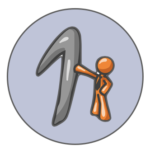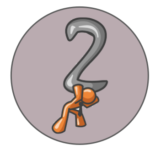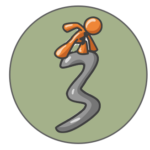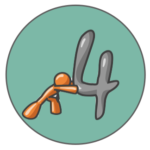Sample Cognitive Games session for Primary School
Session Components: Rhythmic Literacy | Cognitive Games – Scarf Toss & Odd Even Grab | Maverick Affirmations
Every student must
* respond to the session activities willingly and enthusiastically
* be motivated, foster self-confidence and build competency in the skills being taught
* learn and understand the value of the movements by respecting self and others in the spatial setting.
Every student must
* follow the sequencing and move in rhythm for the rhythmic literacy activity.
* apply the concept of rhythm in the scarf toss game.
* be quick to cognitively solve the math problem and physically respond to enhance reaction time.
Every student must
* cooperate with the team in the scarf toss game and switch to a competitive space during the odd even grab it game.
* adopt the philosophy presented in the Maverick affirmations.
Every student must
* identify the pattern and sequencing during the rhythmic literacy activity
* be quick to both solve the math problem, identify the answer as odd or even and respond appropriately by grabbing the object only when relevant.
Rhythmic Literacy:
Teaching Strategy:
Command Style &
Divergent Discovery
Classroom Interaction:
* Which hand did you find it easier to grab with?
(Hint:That is the dominant side)
*Why should we practice grabbing with our non-dominant hand as well?
(Hint: Explain the need for performing movement on both sides of the body)
Home Challenge:
* Can you come up with a rhythmic sequence of your own and demonstrate to your family? Login to the Maverick app for music
* Can you find new ways to toss and catch the scarf? Share it with your class next week.
Copyright © 2016 by Gita Krishna Raj. All rights reserved.
‘MAVERICK FIT KIDS’ Physical Literacy curriculum has been registered with the Copyright office, New Delhi with the number 13239/2016-CO/L. No part of this program including concepts, music and implementation techniques may be reproduced, distributed, or transmitted in any form or by any means, including photocopying, recording, or other electronic or mechanical methods, without the prior written permission of the program designer and copyright owner.



